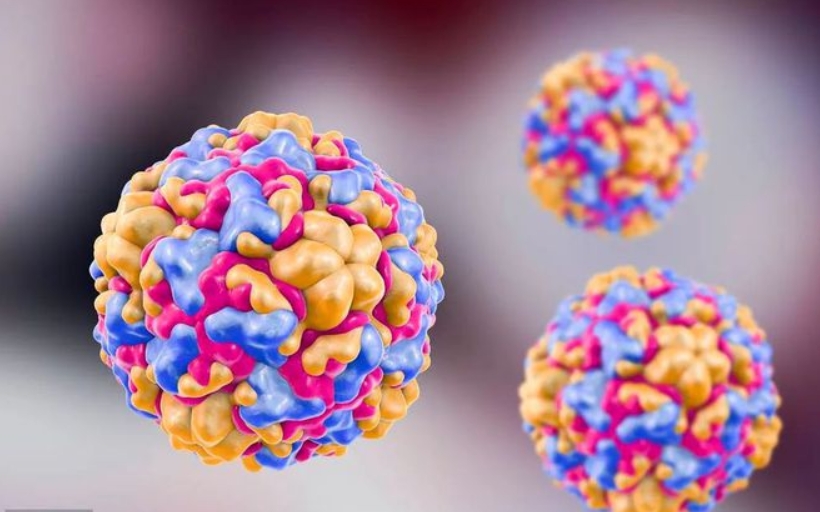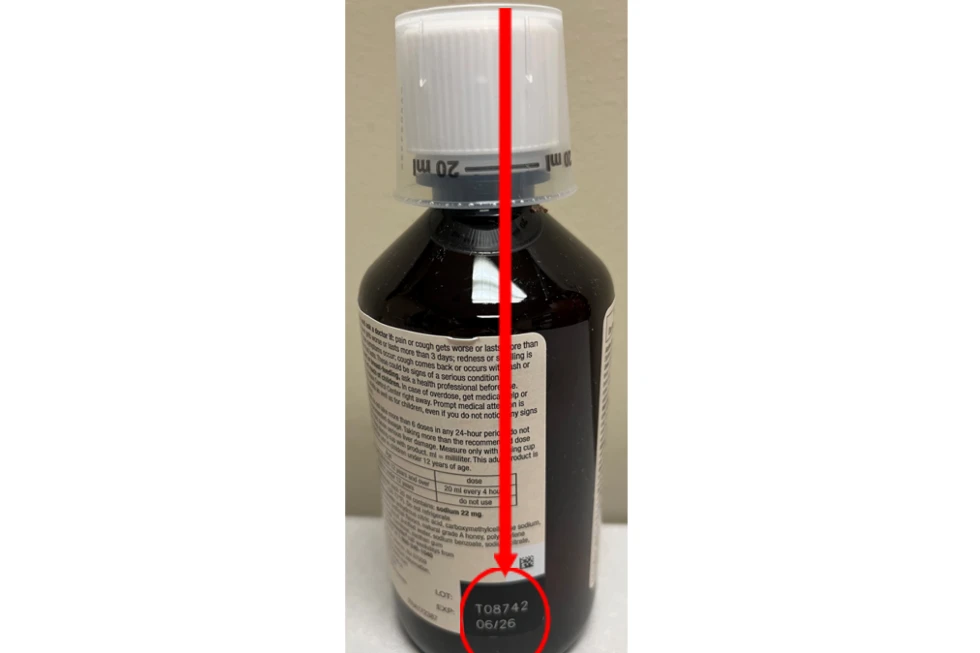In recent news, the pharmaceutical industry has been faced with a critical issue involving the recall of Robitussin cough syrup due to potential contamination.
The recall, initiated by Haleon, the maker of Robitussin cough syrup, has raised concerns about the safety and quality of pharmaceutical products, particularly those containing honey.
This essay aims to delve into the implications of this recall, the potential risks associated with the contamination, and the broader impact on consumer trust and safety within the pharmaceutical industry.
Haleon’s recall encompasses eight lots of Robitussin Honey CF Max Day Adult and Robitussin Honey CF Max Nighttime Adult, which have been distributed to stores and pharmacy suppliers.
The Food and Drug Administration (FDA) has played a pivotal role in disseminating this critical information to the public, underscoring the severity and urgency of the situation.
The company’s announcement, posted on the FDA’s website, has prompted widespread concern and highlights the importance of stringent quality control measures in the pharmaceutical manufacturing process.
The crux of the issue lies in the potential contamination of these cough syrup products with dangerously high levels of yeast.
While yeast is a natural component of honey, the levels detected by Haleon have surpassed permissible limits, raising red flags about the safety and efficacy of these medicinal products.
This revelation has sparked a crucial conversation about the necessity of rigorous testing protocols and quality assurance standards within the pharmaceutical industry to safeguard public health.
Of particular concern are individuals with weakened immune systems, for whom the consumption of contaminated cough syrup could pose a serious risk.
Given the potential health implications, it is imperative for healthcare providers, pharmacies, and consumers to remain vigilant and take appropriate action to mitigate any potential harm.
This recall serves as a sobering reminder of the vulnerability of certain segments of the population and the critical need for pharmaceutical companies to uphold the highest standards of safety and quality in their products.
The recall of Robitussin cough syrup containing honey has far-reaching implications for consumer trust and safety within the pharmaceutical industry.
The incident raises questions about the transparency and accountability of pharmaceutical manufacturers, as well as the efficacy of regulatory oversight in ensuring the safety of medicinal products.
The fallout from this event may erode consumer confidence in not only the affected products but also the broader range of pharmaceutical offerings, underscoring the need for greater transparency, accountability, and regulatory oversight.
In light of this recall, it is incumbent upon pharmaceutical companies to reevaluate their manufacturing processes, quality control measures, and testing protocols to prevent similar incidents in the future.
Moreover, regulatory agencies must reassess their oversight mechanisms to better detect and address potential risks to public health.
The pharmaceutical industry as a whole must prioritize the safety and well-being of consumers, fostering a culture of transparency, accountability, and continuous improvement.
The recall of Robitussin cough syrup containing honey due to contamination serves as a wake-up call for the pharmaceutical industry.
It underscores the critical importance of stringent quality control measures, robust testing protocols, and transparent communication to ensure the safety and efficacy of medicinal products.
Moving forward, it is imperative for pharmaceutical companies and regulatory agencies to work collaboratively to uphold the highest standards of safety and quality, thereby rebuilding trust and confidence in the pharmaceutical products that millions of individuals rely on for their health and well-being.
The ingestion of contaminated syrup poses a significant threat to individuals with weakened immune systems, including organ transplant recipients and those with HIV.
The potential for severe fungal infections as a result of consuming the contaminated syrup is a cause for concern, as these infections can be particularly dangerous for individuals with compromised immune systems.
In the United States alone, there are several million people who have conditions that impair their immune system’s ability to fight off infections.
Therefore, it is crucial to take immediate action to prevent the consumption of contaminated syrup and to ensure that those at risk are made aware of the potential dangers associated with it.
This highlights the importance of stringent quality control measures in the production and distribution of food and beverage products, as well as the need for heightened awareness and education regarding the risks posed by contaminated goods.
It is imperative that steps are taken to safeguard the health and well-being of vulnerable populations and to minimize the potential for harm caused by contaminated products.
The company, headquartered in the U.K. with its U.S. headquarters in New Jersey, has assured that for the majority of healthy individuals, the risk of developing serious infections as a result of using their products is low.

Despite this, it is important to note that the company has not received any reports of injury or infection associated with the products in question.
These products have expiration dates ranging from October 2025 to June 2026. However, as a precautionary measure, individuals who have used these products are advised to seek medical attention if they suspect any issues related to the recall.
Additionally, they have the option to report any problems to the FDA’s online system. It is crucial for consumers to take the necessary steps to ensure their health and safety in response to this recall.
